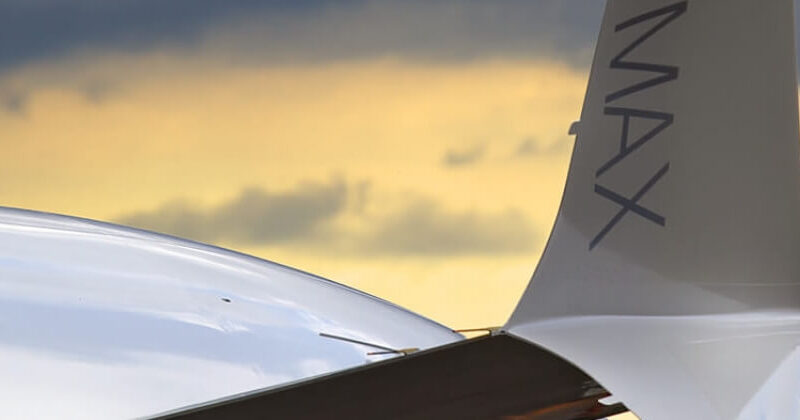Boeing announces $100 million in funds for the families as well as communities of Lion Air Flight 610 and Ethiopian Airlines Flight 302 victims.
The “funds will support education, hardship and living expenses for impacted families, community programs, and economic development in impacted communities,” Boeing states.
The funds are to be distributed over multiple years in collaboration with local governments and non-profit organizations.
“We at Boeing are sorry for the tragic loss of lives in both of these accidents and these lives lost will continue to weigh heavily on our hearts and on our minds for years to come. The families and loved ones of those on board have our deepest sympathies, and we hope this initial outreach can help bring them comfort,” Dennis Muilenburg, Boeing chairman, president and CEO is quoted in a statement as saying.
Lion Air flight JT 610 with 189 people on board crashed into the sea 13 minutes after taking off from Jakarta Soekarno Hatta International Airport (CGK) on October 29, 2018. The downed aircraft was a brand new Boeing 737 MAX 8, flying with the airline for just a couple of months. Shortly thereafter, a suspicion emerged that the accident could be linked to the Maneuvering Characteristics Augmentation System (MCAS), the flight stabilization system that prevents a Boeing 737 MAX aircraft from stalling. If MCAS is activated when angle of attack (AOA) sensors detect dangerous angle, the malfunction of these sensors, can lead to faulty MCAS activation, which, in turn, could cause an airplane to stall.
The suspicions gained higher grounds after Ethiopian Airlines flight ET302 suffered similar fate several months later. The airplane, also brand new Boeing MAX, crashed on March 10, 2019, near Addis Ababa. Ethiopian investigators issued a preliminary crash report with findings that faulty angle of attack sensor input activated Maneuvering Characteristics Augmentation System (MCAS). Subsequently, all Boeing MAX aircraft were grounded in the following days. Since then, the manufacturer has made a software update, which is still awaiting approval by the Federal Aviation Administration

